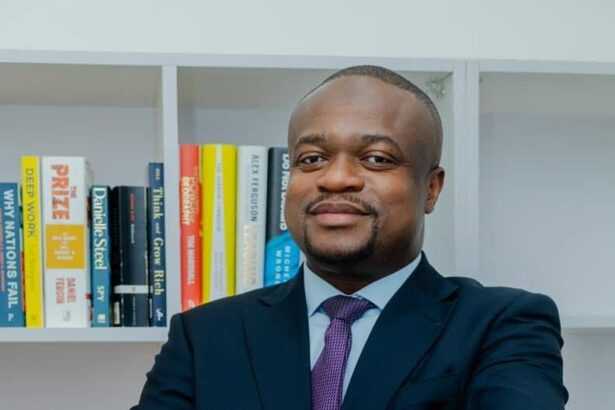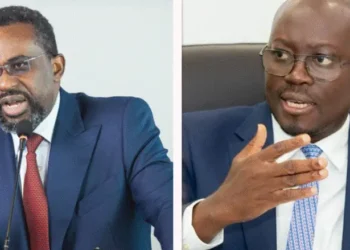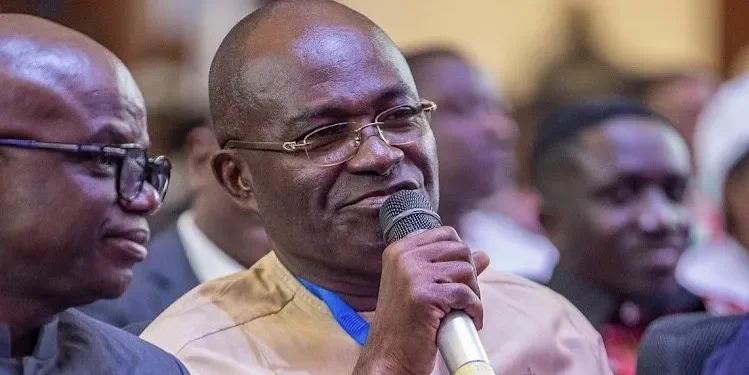Ghana’s economy is showing strong signs of recovery, thanks to prudent fiscal reforms, debt restructuring, and what government policy experts describe as the President’s disciplined commitment to lean governance.
Dr. Sharif Mahmud Khalid, Economic Policy Advisor to the Office of the Vice-President, has affirmed that Ghanaians are beginning to feel tangible relief across the board, as President John Dramani Mahama’s administration turns a critical corner.
“This is a government that is focused on stabilising an economy, on cooling off the overheated economy we inherited, to allow us to really turn the corner that we never turned”
Dr. Sharif Mahmud Khalid, Economy Policy Advisor to the office of the Vice-President
He praised the March national budget as a “stability budget,” designed to calm the post-crisis economic turbulence from Ghana’s last government administration. According to him, the document was intentionally crafted not to make grand promises but to offer the nation breathing space after years of harsh fiscal conditions.
Dr. Khalid pointed to visible, everyday indicators that Ghanaians are already benefiting from the government’s economic policies. He noted that consumer goods and services are gradually becoming more affordable, citing instances such as Passion Air’s fare reductions and falling fuel prices as key examples.
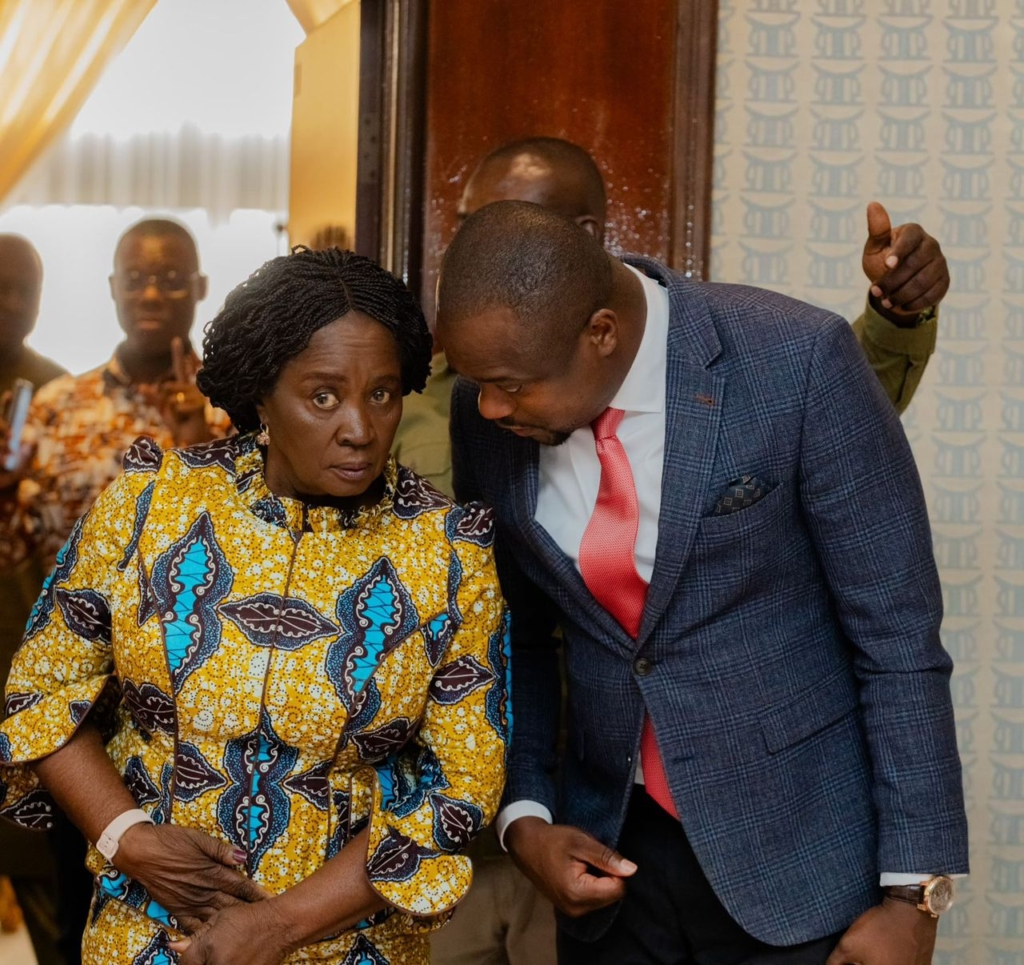
“Business people are cutting down costs. They are saying, ‘Okay, well, in solidarity with the goodwill of the government in terms of managing the economy, we would make similar responses, even though we have an economy without price mechanisms’”
Dr. Sharif Mahmud Khalid, Economy Policy Advisor to the office of the Vice-President
He emphasized that such changes signal a growing public confidence in government stewardship, particularly in an environment that lacks conventional price mechanisms but demands strong policy signalling.
Balancing Delivery with Fiscal Responsibility
Dr. Khalid acknowledged the complexity of achieving fiscal consolidation while also delivering on infrastructure, education, and other pressing national development needs. However, he insisted that the administration’s careful balancing act is working.
“We’re paying our external debtors through the Domestic Debt Exchange Programme. Remember, in this country, that blue-chip investments, such as pensions, were even touched, where you had pensioners picketing at the premises of the Finance Ministry”
Dr. Sharif Mahmud Khalid, Economy Policy Advisor to the office of the Vice-President
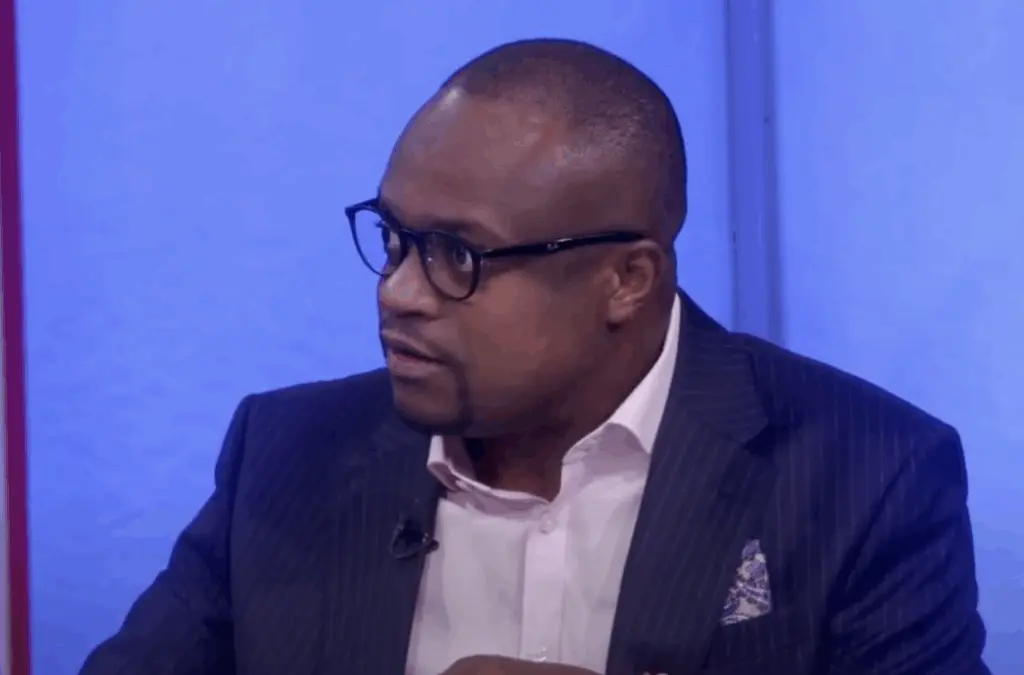
By restructuring both domestic and external debt through coordinated engagements with stakeholders, including the Paris Club, the government has sought to build fiscal credibility.
Dr. Khalid stressed that these reforms are not only reducing Ghana’s risk exposure but also attracting more favourable evaluations from independent global agencies that will shape the country’s fortunes in the not so distant future.
Referencing recent changes in Ghana’s sovereign credit status, Khalid explained how international confidence in the Mahama-led recovery programme is growing. He highlighted Fitch’s recent B-minus rating as a significant milestone.
“We are not saying we are there. Fitch is saying that, ‘based on what you’re doing currently, prudently, this is what I give you.’ From a junk status to where we are, in six months, that tells you that something tremendous is happening”
Dr. Sharif Mahmud Khalid, Economy Policy Advisor to the office of the Vice-President
According to Khalid, this confidence has also helped partially reopen Ghana to international credit markets, a crucial step in sustaining long-term development financing and maintaining macroeconomic stability.
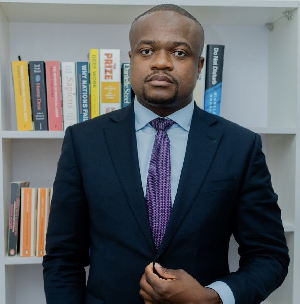
Tough Trade-offs, Targeted Relief
While acknowledging that not every need can be met simultaneously, Dr. Khalid was confident that the government’s strategy is already yielding incremental results.
“I wish we could have given more to the road contractors locally,” he admitted, conceding that certain domestic needs, such as delayed payments to local road contractors, are being managed with difficulty.
However, “we are getting it trickled down,” he said, reiterating that those delays are not due to negligence but a deliberate and prudent strategy to prioritise national stability by trying to meet all stakeholder demands – both domestically and externally.
Dr. Khalid’s remarks underscore a broader narrative of responsible governance, fiscal realism, and gradual relief.
For the Mahama administration, the emphasis is clear: rebuild confidence, stabilise the economy, and earn back Ghana’s place in the global financial community – one difficult, measured step at a time.
READ MORE: Energy Ministry Announces Boost in Natural Gas Supply by ENI



